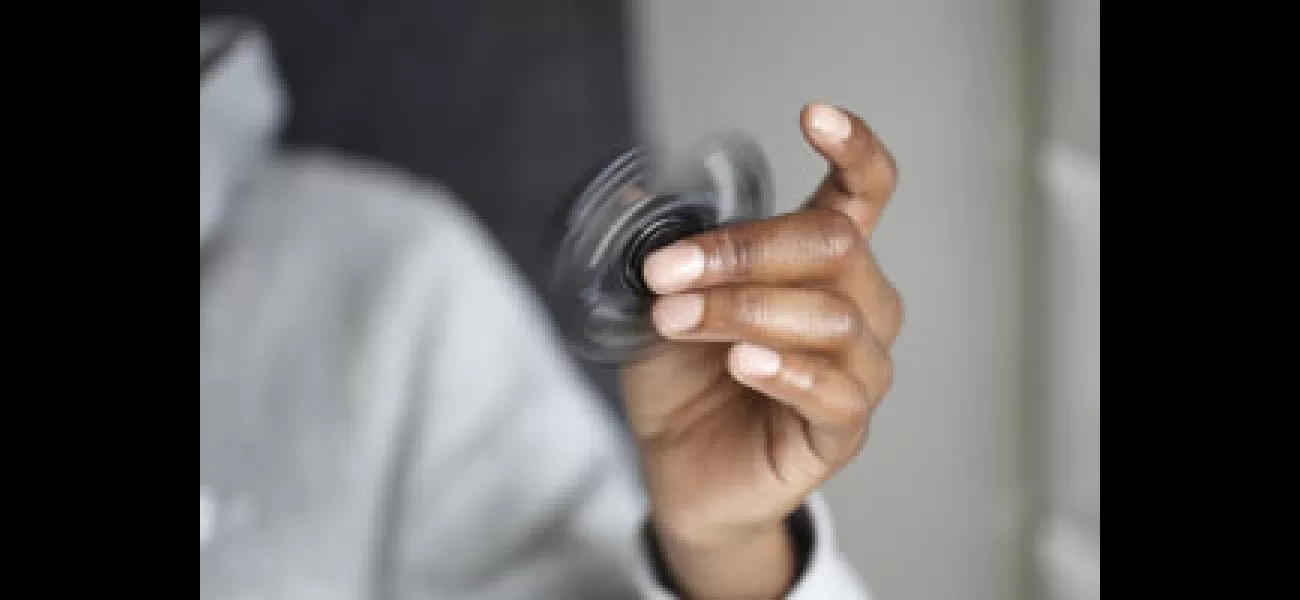Young Black men are not getting the help they need for ADHD, leading to them being left behind.
Penn State study finds Black men underdiagnosed for ADHD, leading to troubling outcomes.
November 9th 2023.

A new report from Penn State University has revealed a concerning issue regarding Attention Deficit Hyperactivity Disorder (ADHD) diagnoses among Black children in the United States. According to the study, which was published in Psychiatry Research in September, Black students are being diagnosed with ADHD at a rate 40% lower than their white peers, even when all other factors, such as economic status, student achievement, and behavior, are equal. The odds of Black young males being diagnosed with ADHD were found to be 60% lower than young white males.
This racial divide in ADHD diagnoses is having a detrimental effect on Black children, especially boys. Paul Morgan, the former director of the Center for Educational Disparities Research at Penn State and the lead author of the study, believes this divide is deepening inequality for Black children. Symptoms of ADHD include difficulty sitting still, excessive fidgeting and physical movement, and an inability to concentrate on tasks, among other things. According to the Centers for Disease Control and Prevention, ADHD has been diagnosed in nearly six million children between the ages of 3-17 between 2016 and 2019 in the United States. While ADHD can be effectively treated with therapy and medication, if left untreated, it can lead to a range of health issues, including drug addiction, self-harm, and suicidal behavior.
Medical researchers believe teachers with racial biases or low expectations of Black students are among the reasons why young Black males are not being diagnosed with ADHD. Black parents who are distrustful of teachers and doctors can also contribute to their children not getting tested for the condition. Wesley Jackson Wade, a licensed mental health and addiction counselor and doctoral student, knows all too well what it’s like to live with undiagnosed ADHD. Growing up as one of the only Black kids in predominantly white schools in upper-middle-class communities, he was often seen as the class clown and spent his teenage and young adult years self-medicating with marijuana. It wasn’t until he was 37 that he was diagnosed with ADHD and Dyslexia. Despite his impressive accomplishments, Wade told CBS News that it’s difficult for him to recognize his success due to his experience.
This racial divide in ADHD diagnoses is having a detrimental effect on Black children, especially boys. Paul Morgan, the former director of the Center for Educational Disparities Research at Penn State and the lead author of the study, believes this divide is deepening inequality for Black children. Symptoms of ADHD include difficulty sitting still, excessive fidgeting and physical movement, and an inability to concentrate on tasks, among other things. According to the Centers for Disease Control and Prevention, ADHD has been diagnosed in nearly six million children between the ages of 3-17 between 2016 and 2019 in the United States. While ADHD can be effectively treated with therapy and medication, if left untreated, it can lead to a range of health issues, including drug addiction, self-harm, and suicidal behavior.
Medical researchers believe teachers with racial biases or low expectations of Black students are among the reasons why young Black males are not being diagnosed with ADHD. Black parents who are distrustful of teachers and doctors can also contribute to their children not getting tested for the condition. Wesley Jackson Wade, a licensed mental health and addiction counselor and doctoral student, knows all too well what it’s like to live with undiagnosed ADHD. Growing up as one of the only Black kids in predominantly white schools in upper-middle-class communities, he was often seen as the class clown and spent his teenage and young adult years self-medicating with marijuana. It wasn’t until he was 37 that he was diagnosed with ADHD and Dyslexia. Despite his impressive accomplishments, Wade told CBS News that it’s difficult for him to recognize his success due to his experience.
[This article has been trending online recently and has been generated with AI. Your feed is customized.]
[Generative AI is experimental.]
0
0
Submit Comment





